Arthur Levinson, former CEO of Genentech, serves on the boards of both Apple and Google. If federal scrutiny continues, he may be forced to resign from one of his positions in order to satisfy the FTC.
"We have been investigating the Google/Apple interlocking directorates issue for some time and commend them for recognizing that sharing directors raises competitive issues, as Google and Apple increasingly compete with each other,†Richard Feinstein, director of the FTC's Bureau of Competition, said in a statement. “We will continue to investigate remaining interlocking directorates between the companies.â€
Schmidt's resignation and the FTC's continued interest in Apple and Google come as both companies remain the subject of another U.S. government investigation. The Federal Communications Commission is currently looking into Apple's App Store approval process due to the recent rejection of the Google Voice software.
Last week, letters were sent to Apple, AT&T and Google asking them to explain their roles in both rejecting Google's own app, as well as pulling at least two third-party apps that were already available that also used the Google Voice service. The letters also ask AT&T whether it was asked for an opinion on the matter, and for Google to outline both Google Voice as well as whether Google has had other apps approved. Google has only released a handful of apps, but has ported over Google Earth from the desktop and used once-hidden programming instructions from Apple to develop the voice search component of Google Mobile App for the device.
In addition to the Google Voice controversy, the FCC is looking into exclusive handset deals like the one between Apple and AT&T for the iPhone. Bowing to federal pressure, Verizon Wireless recently agreed to allow some exclusive handsets access on smaller, rural carriers' networks to promote competition.
The FCC was asked in June by four U.S. Senators to look into exclusive contracts like the one between AT&T and Apple, or the agreement between Sprint and Palm for the Pre. The request came from a petition filed by the Rural Cellular Association, a group of smaller tier II and tier III wireless carriers that provide service to parts of the U.S. where tier I brands like AT&T, Verizon, Sprint and T-Mobile do not. The Rural Cellular Association has argued that their inability to provide their customers with some of the most popular mobile handsets and smartphones makes it difficult for them to compete, especially in markets where their coverage does overlap with some of the big tier I operators.
 Slash Lane
Slash Lane
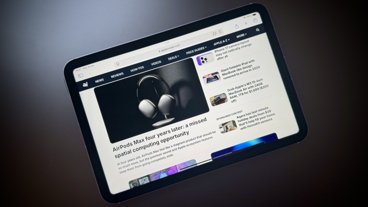

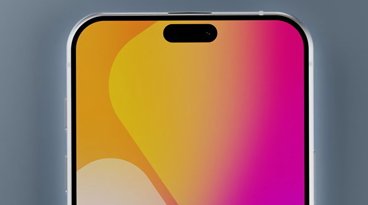

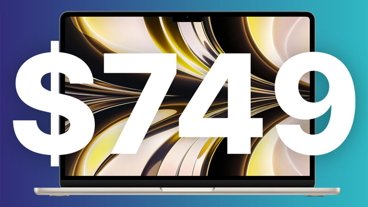

-m.jpg)





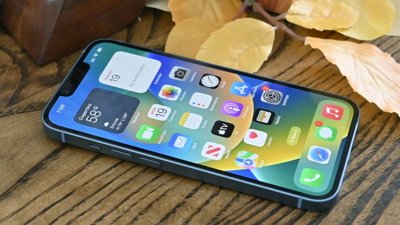
 William Gallagher
William Gallagher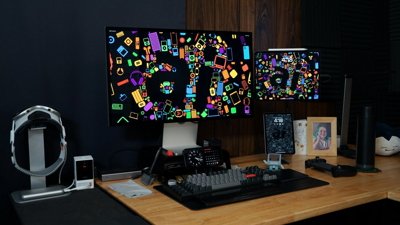
 Wesley Hilliard
Wesley Hilliard
 Christine McKee
Christine McKee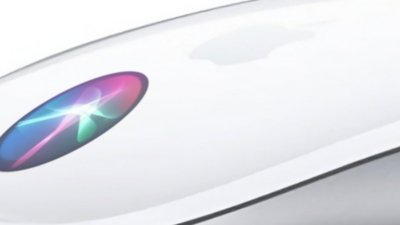
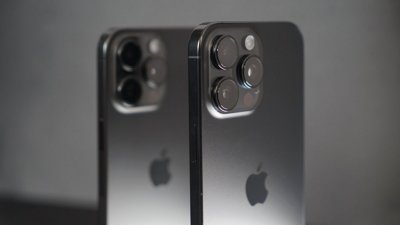
 Andrew Orr
Andrew Orr
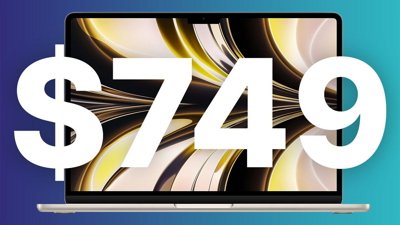

 Andrew O'Hara
Andrew O'Hara





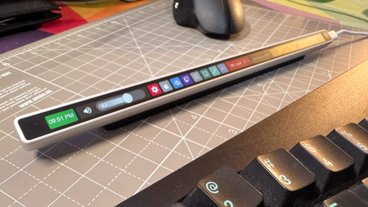

11 Comments
it's a bit different when the CEO of a company with competing products serves on your board.
[QUOTE=AppleInsider;1459365]Even after Google chief executive Eric Schmidt stepped down from the Apple Board of Directors due to anticompetitive concerns
Al Gore is on Apple's board of directors and is an adviser to Eric Schmidt. That should be interesting how that is handled.
[QUOTE=drjjones;1459392]
Even after Google chief executive Eric Schmidt stepped down from the Apple Board of Directors due to anticompetitive concerns
Al Gore is on Apple's board of directors and is an adviser to Eric Schmidt. That should be interesting how that is handled.
This is such a murky issue. I would love to see how the FTC and FCC define interlocking, or redefine it. Apple and Google used to not be in the same industry segments, computer hardware/software, and search. Yes their business has changed, but CEO's like Levinson, in a different industry, serving on both boards, can't there also be indirect info? And won't eliminating direct interlocking (Schmidt) only add weight to Levinson?
I think the FTC concern with monopolistic behavior is legit, but how to permit healthy collaboration and communication without stifling competition or letting competition become (too?) destructive is going to be extremely difficult to regulate.
it's a bit different when the CEO of a company with competing products serves on your board.
not from the board meeting point of view. unless of course you are not active, just there to sleep (and collect the 5k/min).
This is such a murky issue. I would love to see how the FTC and FCC define interlocking, or redefine it. Apple and Google used to not be in the same industry segments, computer hardware/software, and search. Yes their business has changed, but CEO's like Levinson, in a different industry, serving on both boards, can't there also be indirect info? And won't eliminating direct interlocking (Schmidt) only add weight to Levinson?
I think the FTC concern with monopolistic behavior is legit, but how to permit healthy collaboration and communication without stifling competition or letting competition become (too?) destructive is going to be extremely difficult to regulate.
It gets murkier when you convolve unrelated issues and federal jurisdictions. First, the FCC is not interested in interlocking directorates -- this is the domain of the FTC. The definition of interlocking directorates seems pretty straight-forward, although when it becomes a problem for the FTC is less clear. It's generally seen as being a bad idea, however, so whether the FTC gets involved or not, it's a thing to be avoided (Apple and other companies have been criticized in the past for having too many interlocking directors).
Second, the FTC does not seem to be involved with the issue between Apple and Google, so the reference to "monopolistic behavior" is misplaced. Only the Department of Justice (and sometimes the FTC) deals with competition issues. Currently, only the FCC, and a few Senators, seems to be interested in this issue.